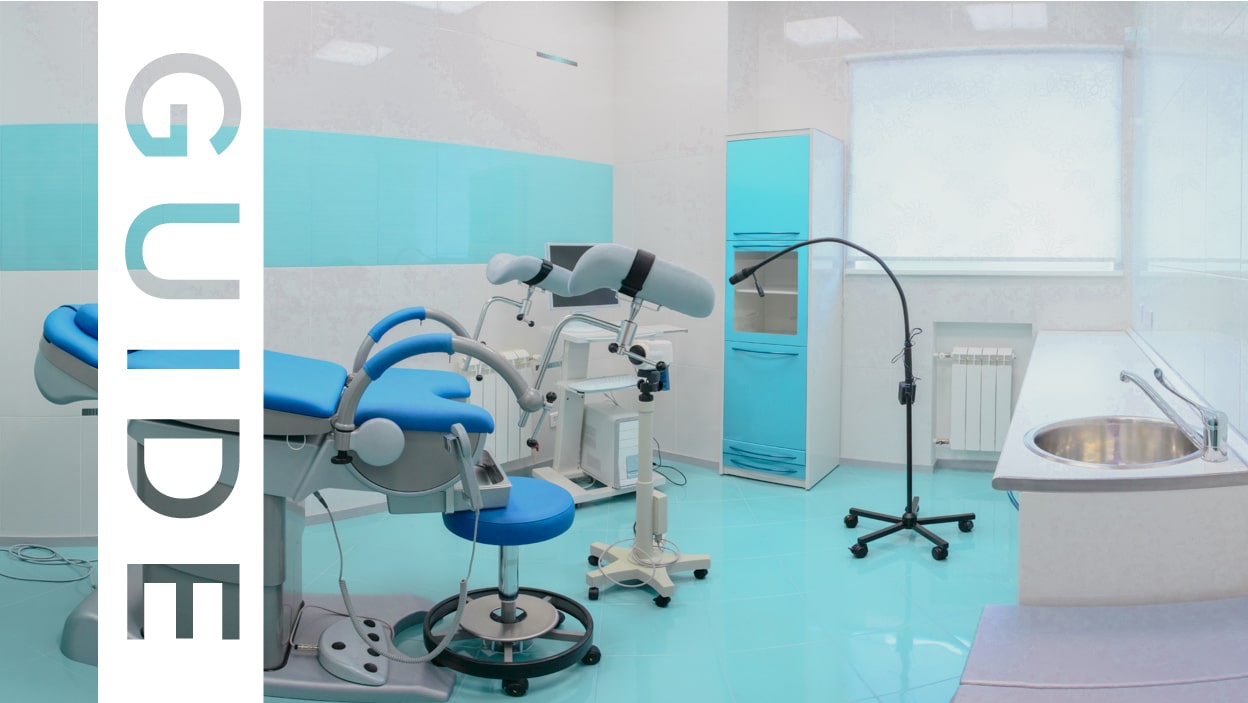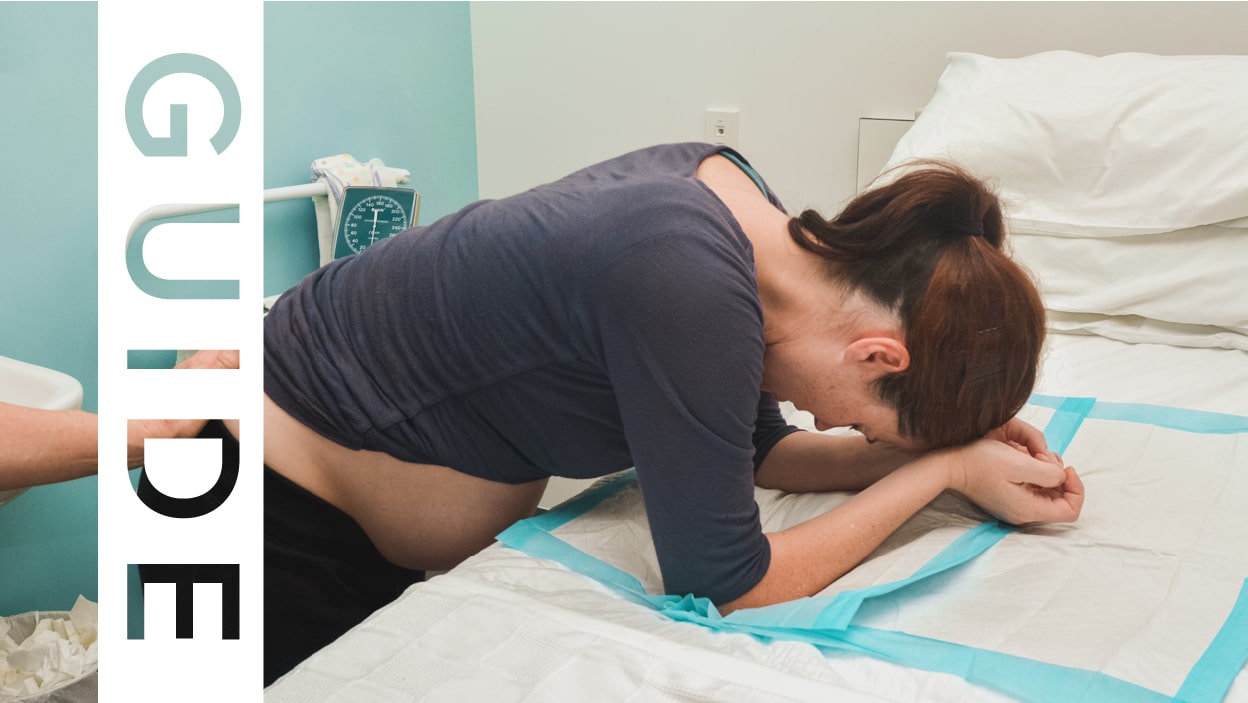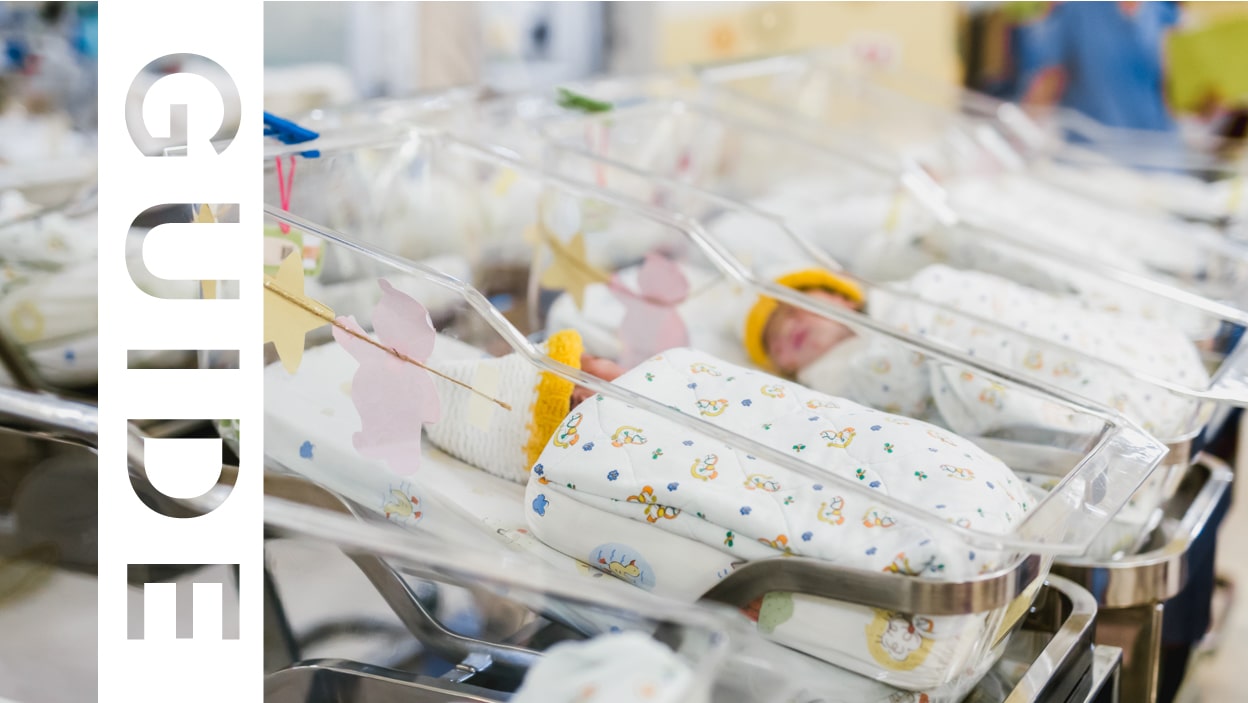

Approved by the What’s Up Moms Medical Advisory Board
Ah, C-sections. Some women live in fear of them. Some women pray for them.
In all cases, if you’ve had a C-section, you have on your horizon a unique recovery. It ain’t easy taking care of a small, needy infant while healing from major abdominal surgery. And on precious little sleep, too.
So, first off: give yourself a major pat on the back! You survived whatever it was that got you here — whether it was a 50-hour labor that ended in emergency surgery, or a scheduled C-section for a breech baby or multiples or something else. Your little love made his or her way out into the world, and you both benefited from the miracles of modern medicine. Hooray all around!
The most important thing you can do for yourself afterward? “Rest, rest, and rest some more,” said Jocelyn Brown, CPM, LM, a midwife at GraceFull Birthing in Los Angeles, who helps women recover from C-sections once they’re home from the hospital. “For the first five days, women often feel like they’ve been hit by a truck. Many then improve rapidly and need to be reminded to lay low.”
Obviously it’s really hard — physically and emotionally — to rest when you’re trying to take care of a newborn, so get your soldiers in order. Enlist some serious help in the form of your parents, in-laws, a rotation of friends, or even a hired doula – at least for the first few weeks. Remember: Several layers of your abdomen have been cut into and the muscles have been stretched. The more you adhere to your recovery, the faster it will go.
You may have some vaginal bleeding for up to six weeks, but typically it’s less intense than with a vaginal birth, in part since your doc was in the uterus and he or she may have cleaned up a lot of blood already.
Here are Brown’s general guidelines for staying comfortable and promoting healing during those first few weeks.
- Don’t skimp on the meds. You’ve had major surgery! Don’t be more of a heroine than you already are. Pain begets pain, so if you wean yourself too early, you might end up really uncomfortable and inadvertently delay your healing. Women’s pain tolerance varies — as didk the circumstances around the surgery — but in all likelihood you’ll be on narcotics for a few days. Heads up that these drugs can wreak havoc on your bowels, so Brown advises her clients to switch over to non-narcotics like heavy duty ibuprofen as soon as they’re able.
- Take a stool softener. Some hospitals actually won’t let you leave until you’ve pooped. Talk about performance anxiety! The last thing you want is to worry about splitting your incision open with any straining. So eat prunes, drink loads of water, and take a fiber supplement and/or a stool softener. And here’s a trick (poop hack?): gently press a maternity pad onto the incision while you’re on the toilet to relieve some of the discomfort from pushing.
- Take care of your incision. For the first two weeks, your job is simply to keep the wound clean and dry. Give it fresh air after a shower, pat it down with a towel, set your hair dryer to cool and point it at your scar… no creams or ointments needed. After two weeks, you’ll see your doctor again, and after that point, you can begin massaging ointment into the scar.
- Use ice packs down there. If you’ve spent hours pushing before your C-section, you’ll be sore. Throw some ice packs into those mesh undies and keep ‘em there as long as you feel the need.
- Walk around the hospital/house a few times a day. You won’t want to do any real exercise for a while (more on that later), but moving around prevents blood clots from forming. As do those wonderful pressure socks, which most hospitals supply.
- Keep an eye on your mood. This holds true for all women during this immediate postpartum period, but because you’re not only recovering from labor but also serious surgery, dips in mood can really hit women who’ve had C-sections — especially those who may have been wedded to having a vaginal birth. The disappointment on that front is a real thing for many women, as is feeling daunted at the healing ahead. Remind yourself that you and your baby survived, and that this, at the end of the day, is the most important thing. Confide in your midwife, OB, partner or friend if you are really not feeling like yourself.
Here are your (for now) don’ts:
- No bending, squatting, or pulling on anything in the first week.
- No lifting anything heavier than the baby for 6 weeks. Yes, this means do not pick up your screaming toddler, no matter how loudly she refuses to cross the street.
- No baths for 3-4 weeks, and no public pools for 6-8 weeks. Gotta prevent infection.
- Avoid intense exercise until your doc gives you the green light. Walks are a great way to get your blood moving (bonus for lulling the baby to sleep in the stroller!), but overdoing it on exercise can lead to your body breaking down and causing a fever or mastitis. Plenty of time for that later.
- We’re sure you don’t need the reminder, but no sex or anything inside your vagina for 6 weeks.
Check in with your doc if…
- You suddenly have an uptick in symptoms, like your pain worsens, either at your incision site or elsewhere.
- You have flu-like symptoms. This can be a sign of infection. “Invest in a thermometer before you give birth,” Brown advises. “A lot of women call because they feel like crap and it turns out they have a raging fever.”
- Your scar looks or feels funky. Is it very red and/or spreading? Itchy? Is there any pus? Some clear or yellow-tinged drainage can be normal, but it’s always wise to have it checked out.
- Bathrooming is a little…off. It is very, very rare, but pelvic floor damage can occur during surgery. If you feel like you can’t control your pee or poop, or either one feels really painful in the days or weeks after your child’s birth, tell your doc. “I’ve had women say to me, ‘I guess I’ll pee a little when I sneeze for the rest of my life now!” Brown says. “It is not normal to pee after you sneeze for the rest of your life.”
It probably feels like your body will never function normally again, but it will. These early weeks are the toughest because you feel both exhausted and slightly debilitated. But your body will heal, and probably even quicker than you think. Most importantly, remember that in order to care for your baby, you must take good care of yourself first.







